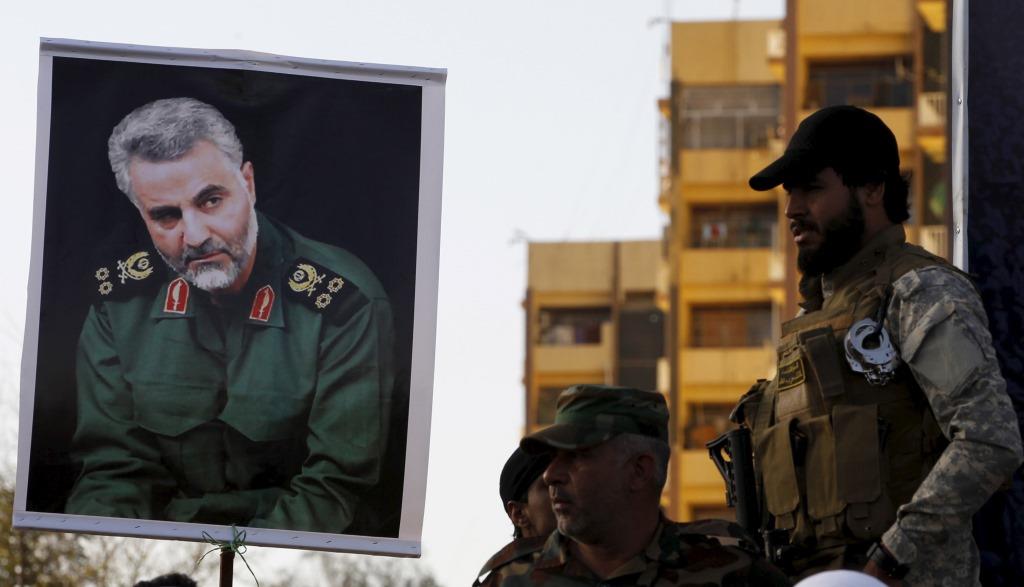Strategic Assessment
This article takes a systemic look at Iran’s proxy war as a component of its strategic threat to Israel. It examines how Israel has met the challenge, considers the gaps in its approach, describes the development of its concept during the confrontation in Syria since the end of 2017, and proposes a strategic framework and guiding principles for the ongoing campaign against Iran. It focuses on a holistic view of Iran’s threats – nuclear and conventional; the need for an integrative and comprehensive Israeli policy against them; new rules of the game defined by Israel to replace those that Iran shaped for its own benefit; and full use of Israel’s capabilities to limit the threat, not only in wars, but mainly in the ongoing campaign between them. This article suggests a response that seeks to unhinge the logic of the enemy system structure and disrupt its operation by undermining its essential centers of gravity, above all the Quds Force. Such a response will undercut the processes of the proxies’ force buildup, armament, and force employment, as well as the ability of the proxies to regroup after fighting against Israel.



